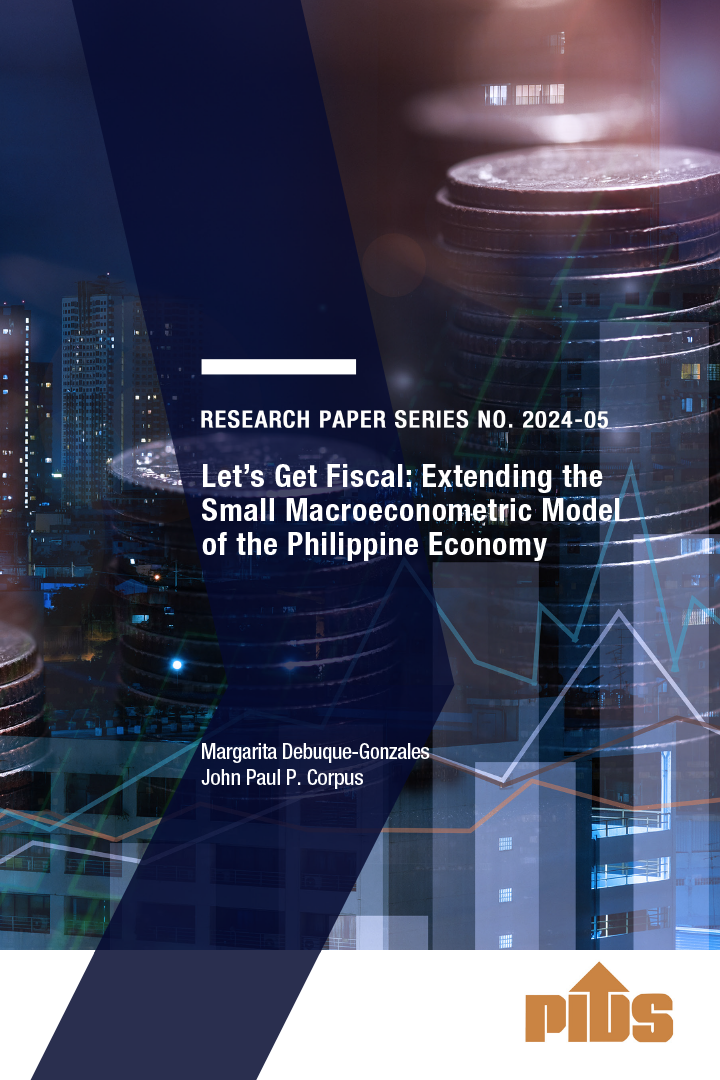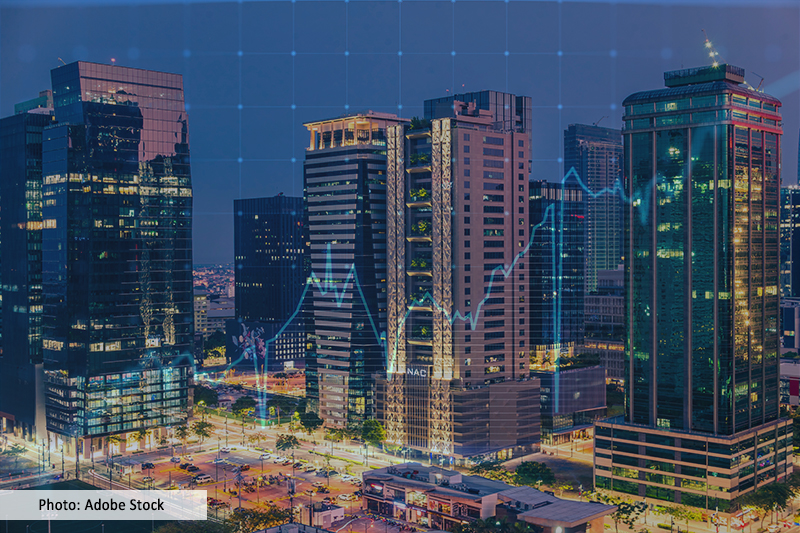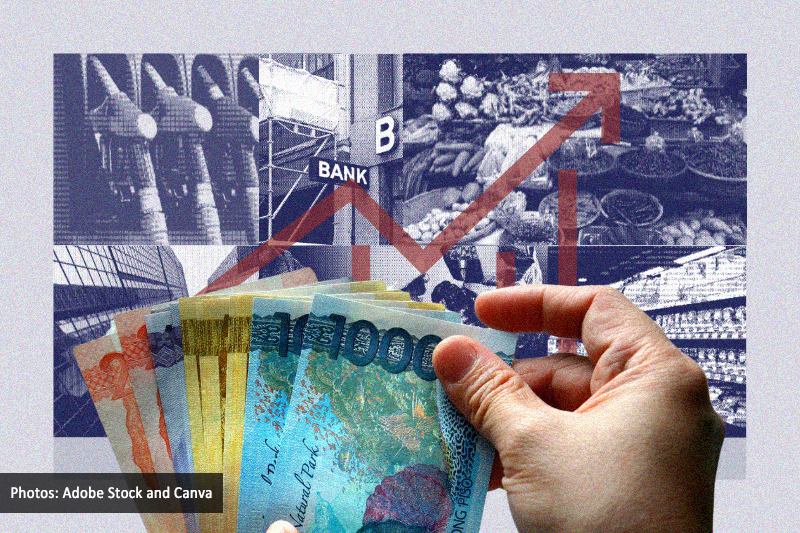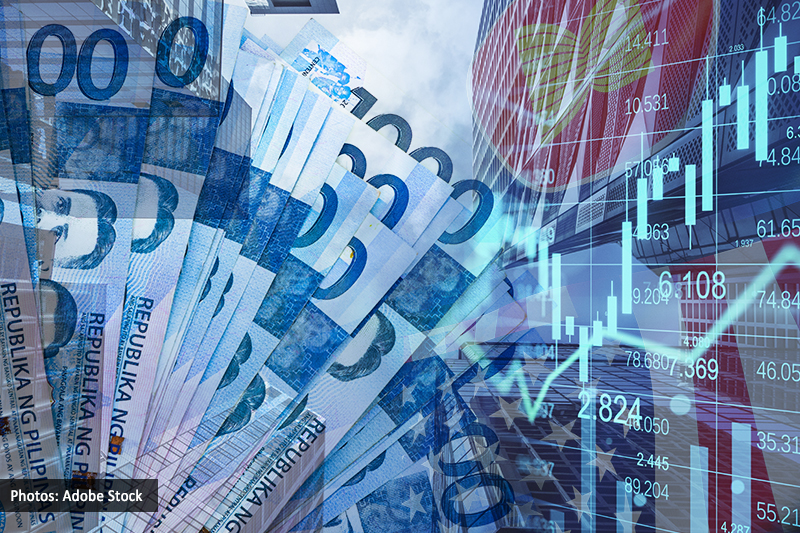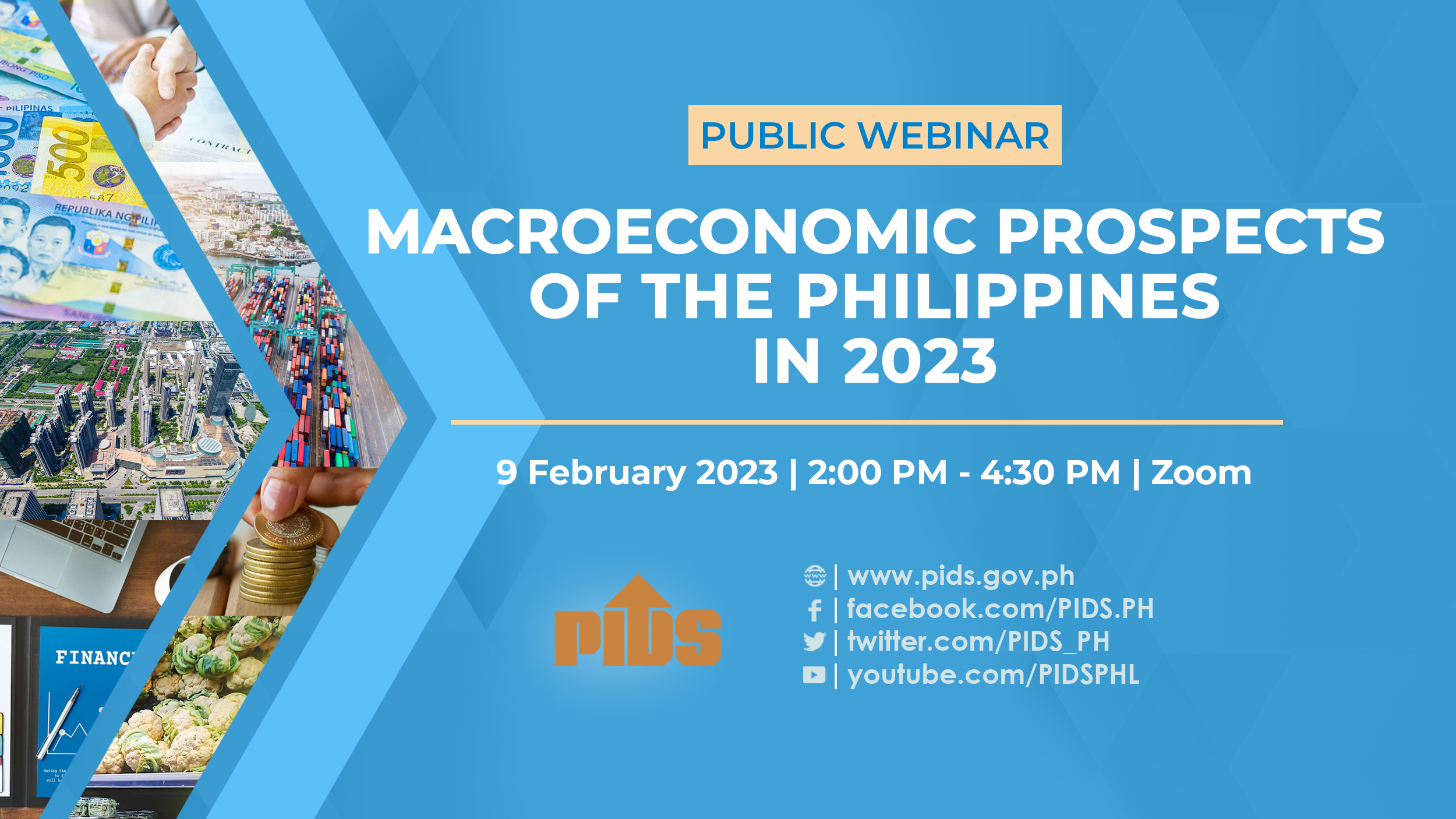
Dr. Dan Steinbock, an economic expert affiliated with the Difference Group, gave a dynamic lecture on the future of global and emerging economies at the Philippine Institute for Development Studies' first public seminar for 2016. Steinbock discussed trends in global affairs and finance that are important for the Philippines as an emerging economy to take note of.
Odds are more uncertain in the post-2008 crisis world because the global order is less rigid. Steinbock said leaders must weigh policy choices holistically. Pure market analysis is not enough. There should be comprehensive consideration of not only the economic growth but also the non-economic growth of both advanced and emerging economies.
"If we advocate solutions that have worked in advanced economies to emerging economies, irrespective of their cultural context and history, you may have the best of intentions, but you may be [mistaking] the way to help," explained Steinbock.
That is not to say situations are isolated, rather they are unique but interconnected. Despite the fact that emerging Asia was not as deeply affected as the rest of the world by the 2008 crisis, and Philippine growth consistently rose while the original leading emerging economies struggle, Steinbock said the country is not immune to global headwinds.
Take the case of plunging oil prices. The recent decline in oil prices has negatively impacted countries that are highly dependent on oil, such as the Gulf economies. While they seem far away, the Philippines remains vulnerable as it heavily relies on remittances from overseas Filipino workers in the Middle East. A decline in the economic health of the Gulf certainly affects Filipino laborers.
Apart from remittances, there other spillover channels and financial stress points affecting the country. Abrupt changes in global political and economic affairs influence the country's trade, foreign direct investments, and participation in the global financial sector.
What Philippine leaders and policymakers need is to focus on medium-term and long-term plans, urged Steinbock.
In the context of increasing geopolitical tensions over territorial disputes, the refugee crisis, the deceleration of growth in Japan, China, and BRICS, the breakdown of confidence in the European Union membership, and leadership changes in the United States as well as in the Philippines, the country must rise up to the challenge of achieving and maintaining inclusive and sustainable growth.
The Philippines remains behind on policies and programs that are necessary to take advantage of its strengths and opportunities. Steinbock said there is no better time to capitalize than when the world order is reorganizing, and Philippine economic growth is comparatively good. But first the country has to address its shortcomings in infrastructure development and miniscule investments in research and development, and open up to more foreign direct investments.
"Emerging economies are now driving the world economy," assured Steinbock, and it would be a shame if the Philippines does not act to get what it deserves. ###
Odds are more uncertain in the post-2008 crisis world because the global order is less rigid. Steinbock said leaders must weigh policy choices holistically. Pure market analysis is not enough. There should be comprehensive consideration of not only the economic growth but also the non-economic growth of both advanced and emerging economies.
"If we advocate solutions that have worked in advanced economies to emerging economies, irrespective of their cultural context and history, you may have the best of intentions, but you may be [mistaking] the way to help," explained Steinbock.
That is not to say situations are isolated, rather they are unique but interconnected. Despite the fact that emerging Asia was not as deeply affected as the rest of the world by the 2008 crisis, and Philippine growth consistently rose while the original leading emerging economies struggle, Steinbock said the country is not immune to global headwinds.
Take the case of plunging oil prices. The recent decline in oil prices has negatively impacted countries that are highly dependent on oil, such as the Gulf economies. While they seem far away, the Philippines remains vulnerable as it heavily relies on remittances from overseas Filipino workers in the Middle East. A decline in the economic health of the Gulf certainly affects Filipino laborers.
Apart from remittances, there other spillover channels and financial stress points affecting the country. Abrupt changes in global political and economic affairs influence the country's trade, foreign direct investments, and participation in the global financial sector.
What Philippine leaders and policymakers need is to focus on medium-term and long-term plans, urged Steinbock.
In the context of increasing geopolitical tensions over territorial disputes, the refugee crisis, the deceleration of growth in Japan, China, and BRICS, the breakdown of confidence in the European Union membership, and leadership changes in the United States as well as in the Philippines, the country must rise up to the challenge of achieving and maintaining inclusive and sustainable growth.
The Philippines remains behind on policies and programs that are necessary to take advantage of its strengths and opportunities. Steinbock said there is no better time to capitalize than when the world order is reorganizing, and Philippine economic growth is comparatively good. But first the country has to address its shortcomings in infrastructure development and miniscule investments in research and development, and open up to more foreign direct investments.
"Emerging economies are now driving the world economy," assured Steinbock, and it would be a shame if the Philippines does not act to get what it deserves. ###

